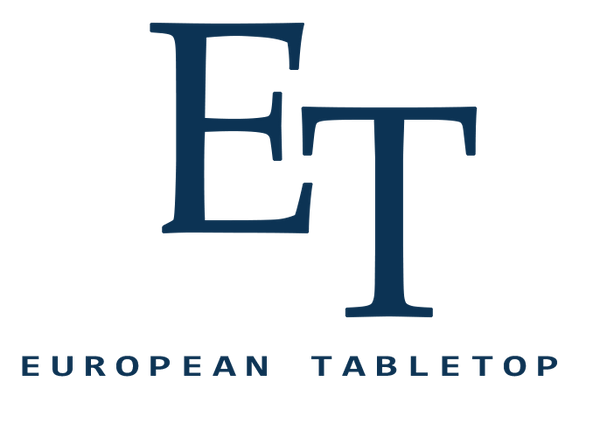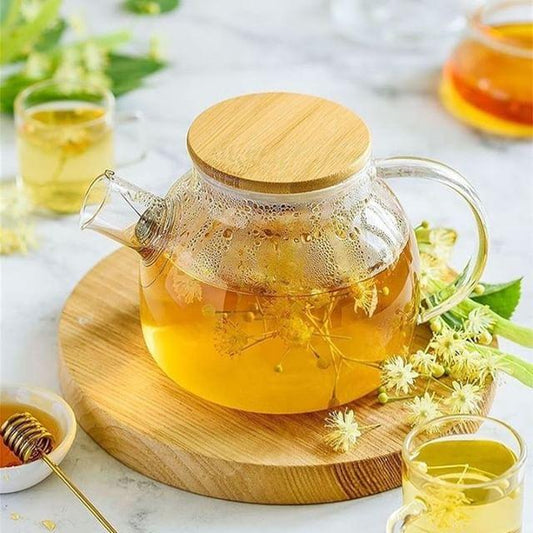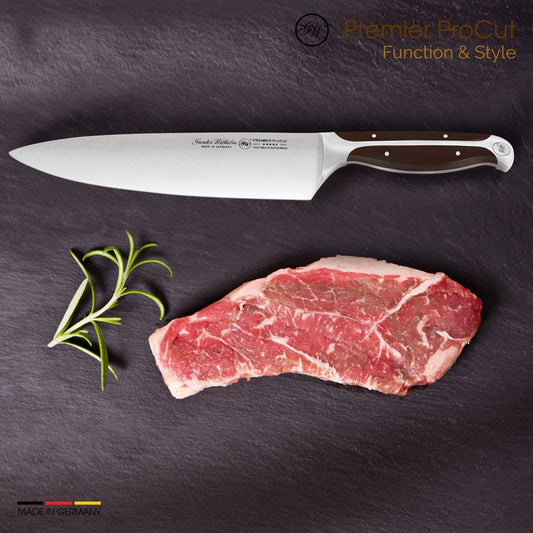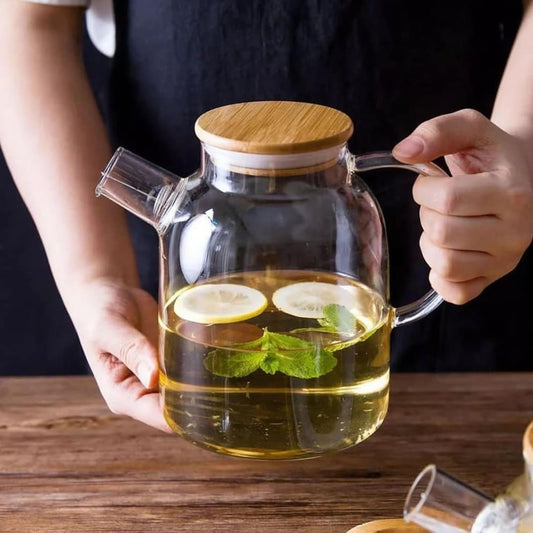A Guide to Ethical Eating: Understanding Food Labels and Certifications 🌱📦🥗

In a world where food is more than just nourishment, eating ethically means making choices that support healthier bodies, fairer economies, and a cleaner planet. But navigating grocery store labels can feel like decoding a foreign language—organic, fair trade, pasture-raised, non-GMO… what do they all actually mean?
This guide will help you cut through the confusion, understand key food certifications, and make confident choices that align with your values.
What Is Ethical Eating? 🤔🍽️
Ethical eating means considering the impact of your food choices on:
-
Animals 🐄
-
Farmers and Workers 👩🌾
-
The Environment 🌍
-
Your Health ❤️
It's about transparency, sustainability, and respect for everyone and everything involved in bringing food to your plate.
Key Food Labels and What They Actually Mean 🏷️✅
Here’s a breakdown of the most common certifications—and what they’re really telling you:
🌿 USDA Organic
-
What it means: No synthetic pesticides, GMOs, or antibiotics. Animals are given organic feed and access to outdoors.
-
Why it matters: Supports biodiversity, soil health, and limits chemical exposure.
🤝 Fair Trade Certified
-
What it means: Farmers and workers are paid fairly, work in safe conditions, and benefit from community development funds.
-
Why it matters: Promotes equity, especially in developing countries (common with coffee, chocolate, bananas, tea).
🐓 Certified Humane / Animal Welfare Approved
-
What it means: Animals are raised without cages, have access to outdoors, and live with space to express natural behaviors.
-
Why it matters: Reduces animal suffering and supports more responsible farming.
🌾 Non-GMO Project Verified
-
What it means: The product has been tested and verified to contain no genetically modified organisms.
-
Why it matters: Appeals to those avoiding GMOs for environmental, ethical, or health reasons.
🥚 Pasture-Raised / Free-Range / Cage-Free
-
Pasture-Raised: Chickens have real outdoor access with plenty of space.
-
Free-Range: Some outdoor access, but may be limited.
-
Cage-Free: Chickens aren’t in cages but may still live in crowded indoor conditions.
Why it matters: The more freedom animals have, the better for their well-being—and often for the nutritional quality of their products.
🥛 Grass-Fed
-
What it means: Cows (or other animals) eat mostly grass rather than grain.
-
Why it matters: Healthier fats in the meat, and better for the environment.
🌍 Rainforest Alliance Certified
-
What it means: Sustainable farming practices that protect ecosystems and support workers.
-
Why it matters: Encourages biodiversity, forest preservation, and responsible agriculture.
🧀 Certified B Corporation
-
What it means: The company meets high standards for environmental impact, social responsibility, and transparency.
-
Why it matters: You're supporting a business that balances profit with purpose.
How to Make Ethical Choices Without the Overwhelm 🛒💡
-
Prioritize What Matters to You:
Start with one or two values—like animal welfare or sustainability—and look for labels that align. -
Buy Less, Choose Better:
If the ethical option costs more, reduce waste and portion sizes to make room in your budget. -
Support Local:
Farmers markets often offer sustainably grown food—ask questions directly. -
Cook from Scratch:
Processed foods hide a lot of ethical pitfalls. Cooking gives you more control. -
Read the Fine Print:
Not all claims are regulated. Words like “natural,” “farm fresh,” or “eco-friendly” often mean nothing legally.
Final Thoughts: Eat with Purpose, One Bite at a Time 🥗🌎💚
Ethical eating isn't about being perfect—it's about being mindful. Every time you choose food that’s better for people, animals, or the planet, you’re voting for a more just and sustainable food system.
So next time you’re at the store, pause for a moment. Look at that label.
And know that your choice matters.
Share:





